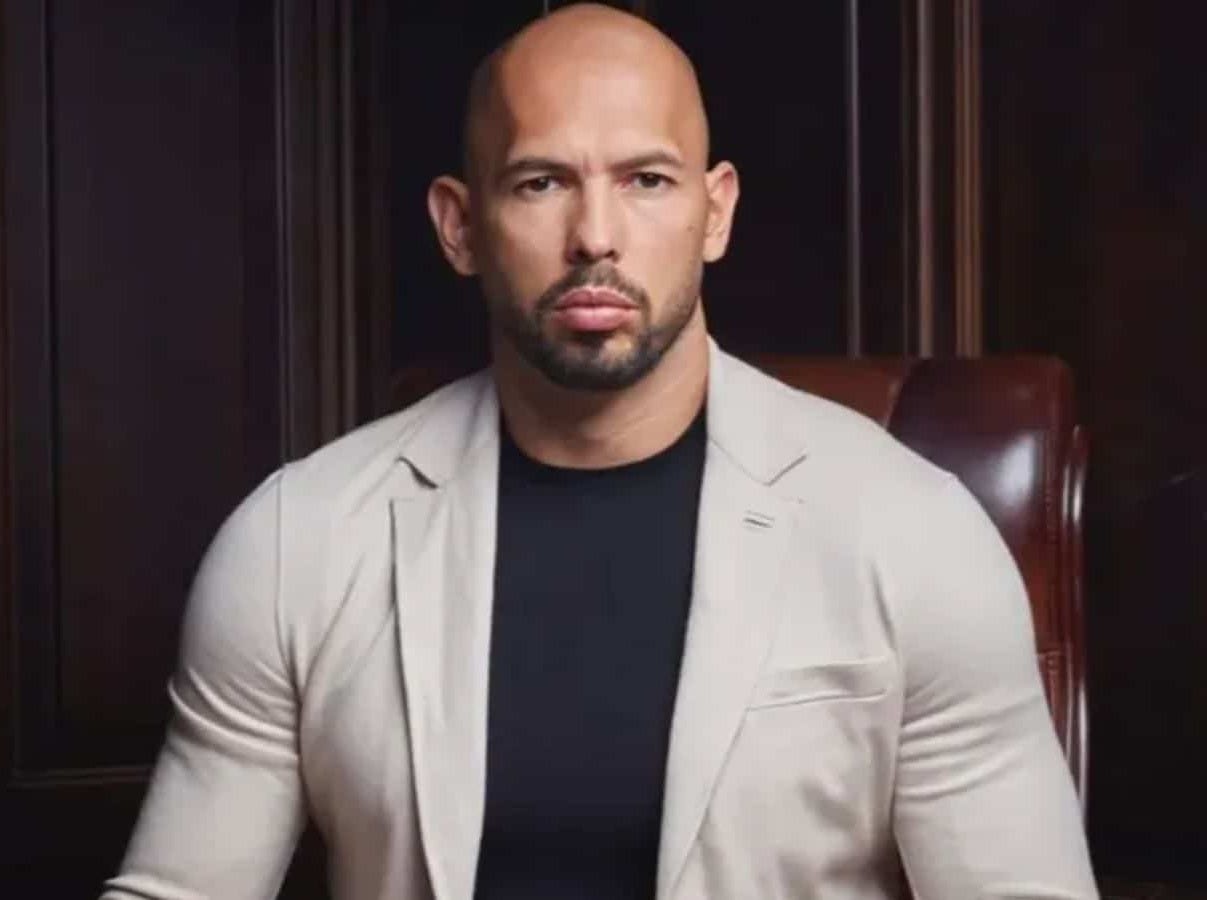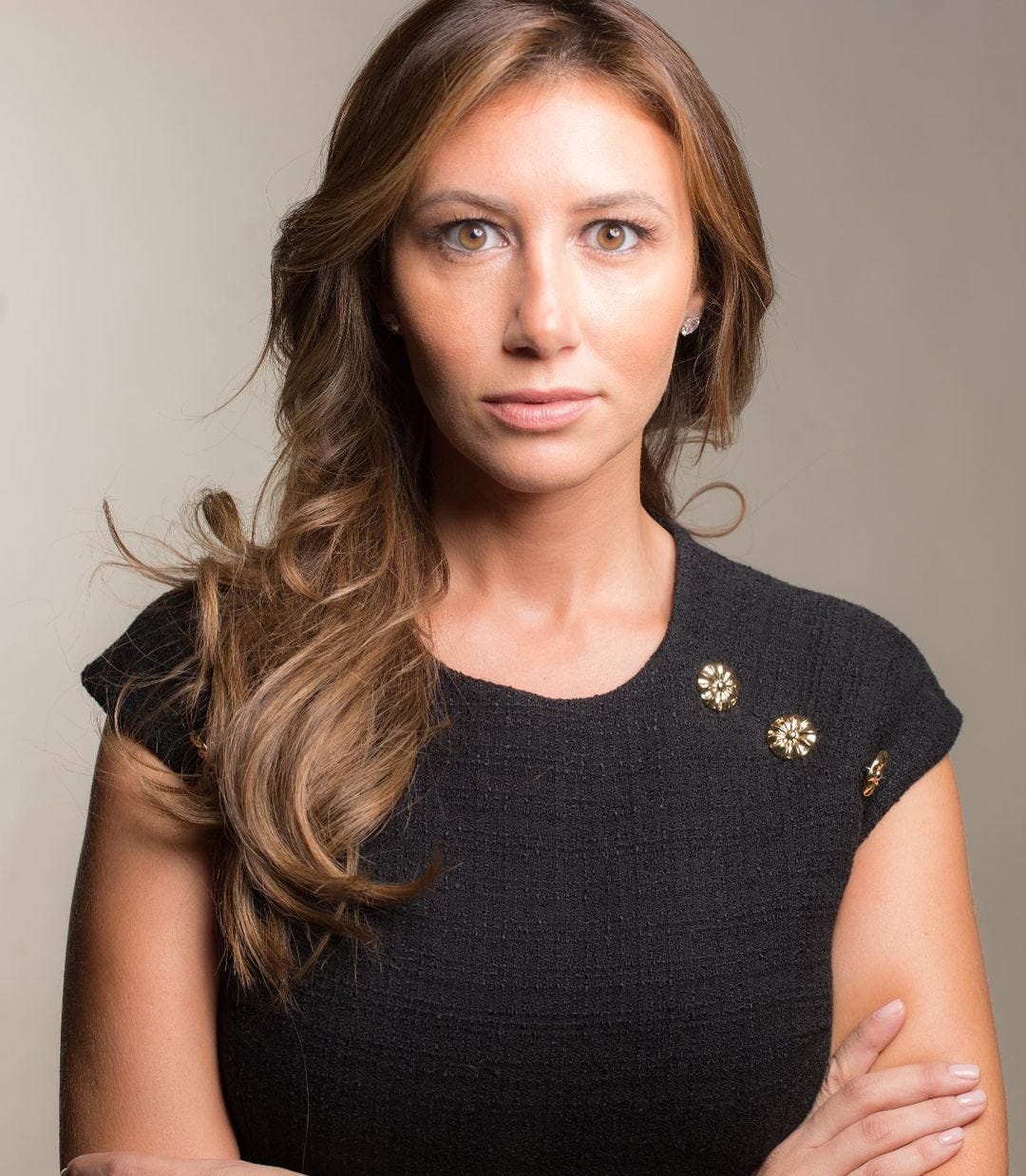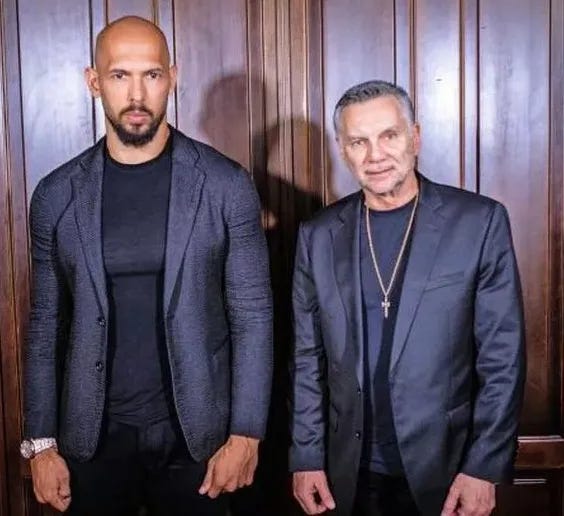By Richard Luthmann
Andrew Tate, a polarizing social media influencer and self-proclaimed advocate for "alpha masculinity," was the center of another storm after appearing on Benny Johnson’s podcast.
Joined by Trump attorney Alina Habba, Tate’s unapologetic take on dominance, wealth, and gender dynamics reignited debates about his role in shaping young male audiences.
A former kickboxing champion, Tate rose to fame for his opulent lifestyle and provocative commentary. His rise, however, is marred by allegations of rape and human trafficking in Romania.
Critics point to Tate’s boasts about coercing women into webcam work, claiming his persona is a façade masking troubling realities.
Investigative journalist Michael Volpe pulled no punches discussing Tate’s allure on a recent episode of The Unknown Podcast.
“There’s a strain of conservatism that likes Tate because liberals hate him,” Volpe said. “But this guy isn’t a hero. He brags about crimes like coercion and abuse.”
Richard Luthmann, the podcast co-host, offered a visceral description of Tate: “He is unchecked, unbridled, pure testosterone. He embodies the fantasy every man secretly entertains—power, dominance, allure. But in reality, he’s a destructive force, leaving chaos in his wake.”
Comparing Tate to Tony Montana from Scarface, Luthmann added, “It’s glorified violence and sex. The end is always a hailstorm of bullets—literal or figurative.”
The Benny Johnson interview also drew scrutiny for featuring Habba, a key figure in Donald Trump’s legal battles. Critics questioned whether her presence legitimized Tate’s controversial platform.
“It doesn’t help Trump or herself to appear cozy with someone like Tate,” Volpe argued. “Benny thrives on provocation, but it’s damaging when it amplifies voices like Tate’s.”
Johnson, a conservative commentator, defended his decision to host Tate, claiming it sparked critical conversations about cultural decay. However, many see this as a missed opportunity to challenge Tate’s worldview, especially given his ongoing legal battles and inflammatory rhetoric.
Tate’s narrative resonates with disenfranchised young men, offering a veneer of strength and purpose through materialism and dominance.
Yet, as Luthmann noted, “It’s a fantasy. Nobody truly wants to live that life—it’s all smoke and mirrors.”
Even among conservatives, the debate over Tate is divisive. Michael Franzese, a former Colombo family mobster turned Christian speaker, has openly supported Tate. His endorsement puzzled Volpe.
“Franzese speaks eloquently about faith and redemption,” Volpe said. “How does someone who warns against the empty promises of the mob now endorse a figure like Tate?”
Tate’s detractors argue his popularity highlights a deeper societal problem. As journalist Jenna Ellis wrote in a recent op-ed, “Figures like Tate thrive because the Church and other institutions have failed to provide young men with real role models.” Ellis criticized Johnson for failing to hold Tate accountable, calling it a disservice to the Christian community.
As protests brew over Tate’s influence and associations, his defenders insist he is a misunderstood provocateur, a product of a culture desperate for authenticity. However, as Luthmann and Volpe both highlighted, Tate's “authenticity” is deeply flawed, and the cost of buying into his brand of masculinity is steep.
“Maybe it’s all an act,” Luthmann said. “But that’s the point. No one should act this way and be feted for doing so.”
Luthmann says that most conservatives are not buying his “provocateur” rhetoric.
“He glorifies the exploitation of women and sex as a tool of domestic violence, which he admittedly perpetrates. No conservative, God-fearing man would do such a thing,” Luthmann said. “If he really wanted to provoke the Left, he would choose monogamy, a family, and a faith-based life and honor these things in his words and acts. It’s easy to be a pimp. It’s much harder to be a stand-up father, husband, and man of faith.”



















Share this post